
What if the simplest foods on your plate were quietly transforming not just your health, but the planet’s well-being too? Some ingredients are doing just that—nourishing us while restoring balance to the Earth that sustains them. They might look ordinary, yet their impact runs deep. Read on to discover ten foods redefining how we eat, live, and care for the world around us.
Pears
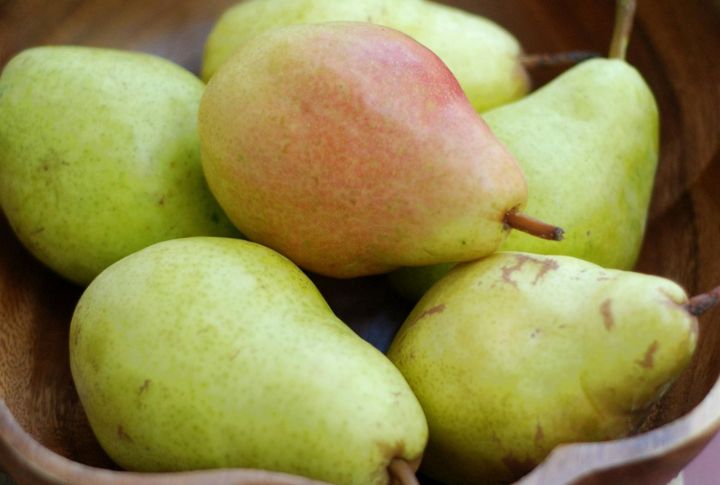
Let’s get nerdy with nutrition. Every juicy bite of a pear delivers fiber and vitamins that boost your digestive and immune health. Beyond that, pears are eco-friendly and are able to survive in diverse climates with minimal pesticides. Pears also require less water than many fruits, and store well, reducing food waste and transport emissions.
Lentils
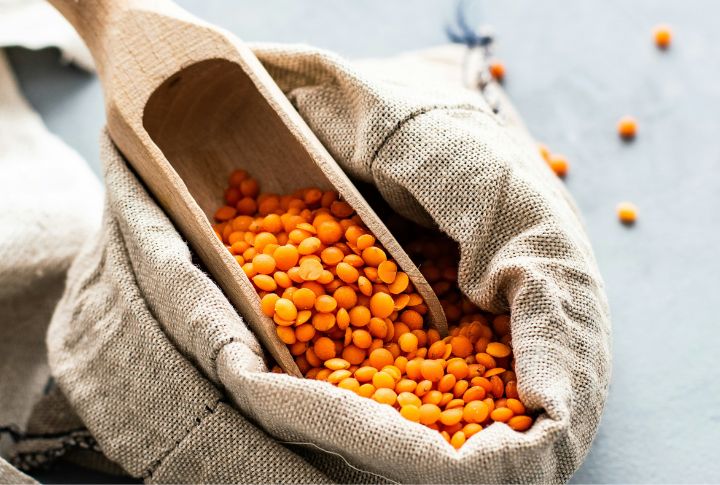
Beneath the soil, lentils work a quiet kind of magic that transforms atmospheric nitrogen into nutrients and enriches the Earth. These modest legumes are also gentle on the planet and require much less water. And in your kitchen, they deliver a nutritional jackpot that supports both your health and the environment.
Seaweed
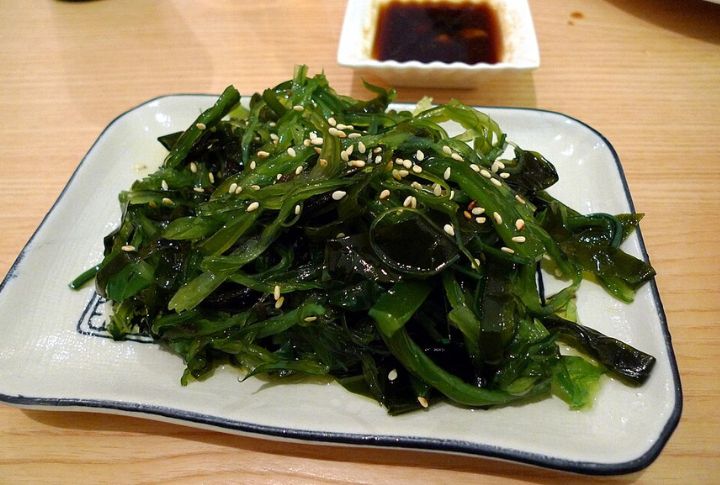
As the planet faces climate and food challenges, seaweed might just be the quiet hero we have been missing. It soaks up carbon dioxide, which results in clean ocean water, and grows without land or freshwater. For us, it is a nutrient-rich superfood—high in protein and iodine that supports gut and thyroid health while offering a sustainable alternative to animal-based foods.
Mussels
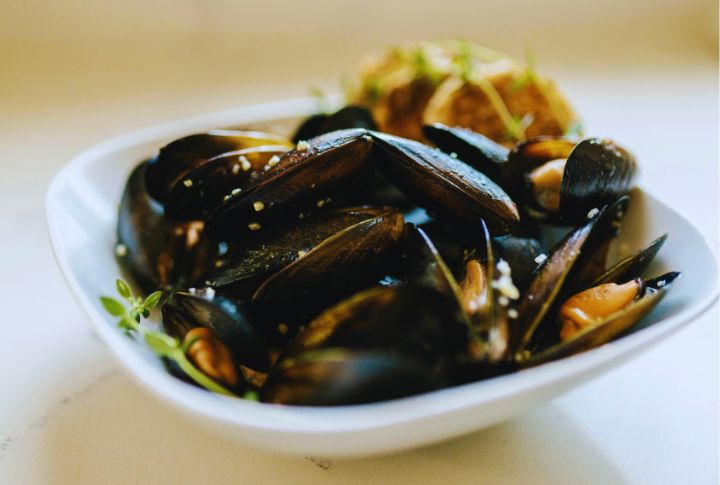
Don’t be deceived by their modest shells—these unassuming seafarers are true marine superheroes. Mussels use their remarkable filtration powers to remove harmful algae, bacteria, and pollutants, all while fostering vibrant underwater ecosystems. Rich in nutrients, they don’t just help clean our oceans, but also stand among the planet’s most sustainable and nutritious sources of protein.
Hazelnuts
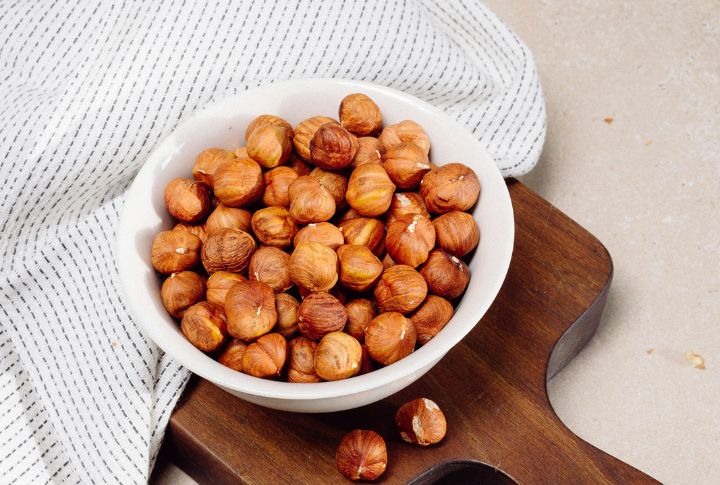
Hazelnuts are resilient, water-wise trees that flourish with little care and effortlessly adapt to a variety of soils and climates. They give back more than they take by offering nutrient-dense nuts rich in healthy fats and vitamin E. Beneath the surface, their deep roots fortify the soil and help prevent erosion. Even the discarded shells are repurposed into clean, renewable energy, which completes the cycle of sustainability.
Sweet Potatoes
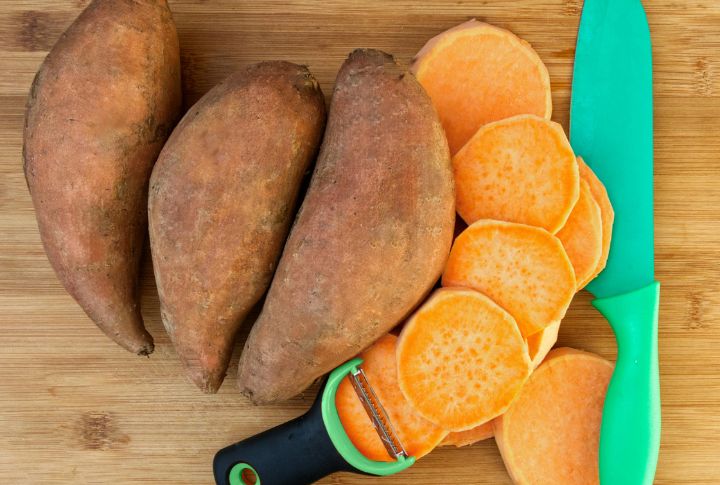
Sweet potatoes do more than brighten your plate—they’re gentle on the planet too. These resilient root crops thrive in poor soil, require little water, and help prevent erosion by stabilizing the ground. Their high yield and low resource needs make them a sustainable, nutrient-rich staple that supports both health and soil recovery.
Broccoli
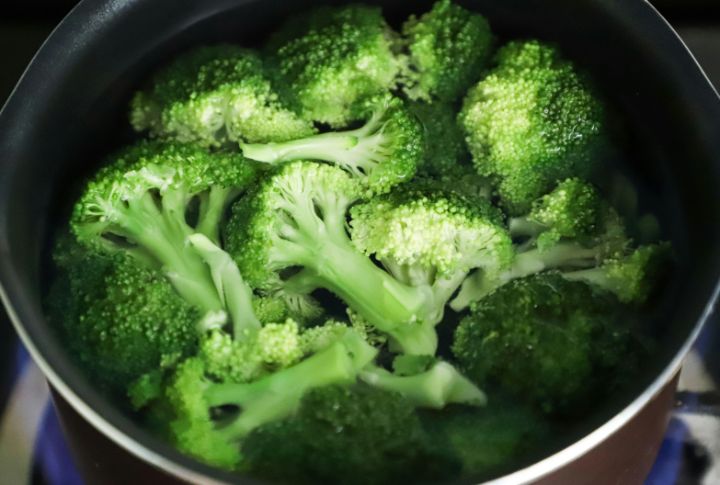
Scientists have found broccoli’s real superpower comes from natural compounds called glucosinolates, tiny defenders that may help protect your body against certain types of cancer. This remarkable vegetable, related to cabbage and kale, packs a powerful nutritional punch with high levels of vitamins C and K, while being environmentally friendly thanks to its efficient growing requirements.
Berries (Blueberries, Strawberries)
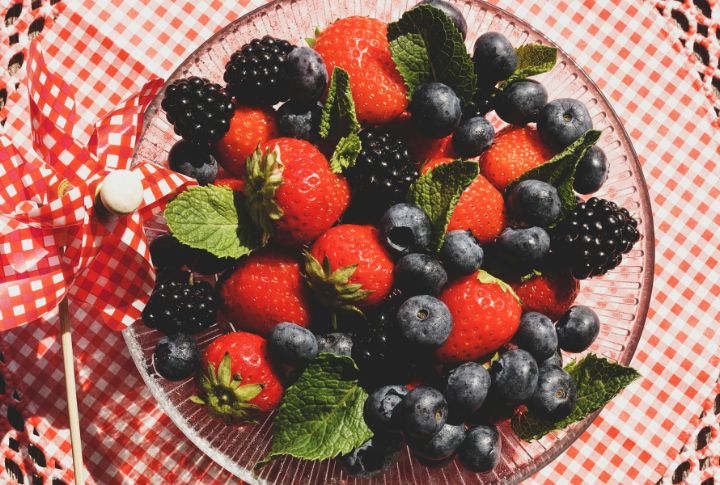
Wild blueberries are nature’s eco-champions, treading lightly on our planet and still packing a mighty nutritional punch. Their cultivated cousins and strawberries are grown through planet-friendly farming that protects soil and pollinators. And together, they offer vitamins and fiber that keep our hearts and minds healthy.
Quinoa
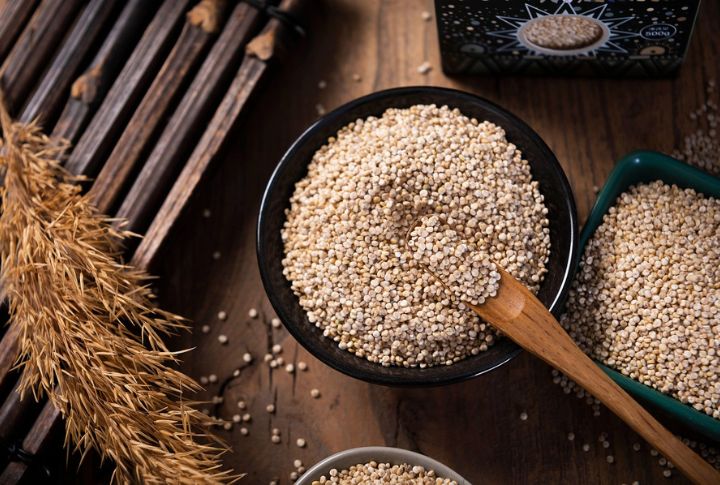
The Incas knew what they were doing when they named quinoa the “mother grain.” Packed with all nine essential amino acids, it provides complete nutrition while caring for the Earth. Its natural coating wards off pests, and it grows reliably even in harsh, low-fertility soil.
Pumpkin
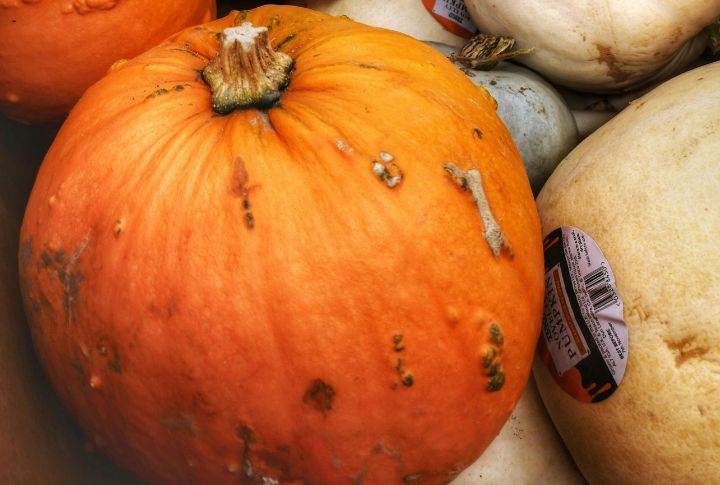
Nutritionally, this humble “pepo” berry is rich in beta-carotene, a natural pigment that the body converts into vitamin A to support clear vision and strong immunity. Add to that a healthy dose of fiber found in every edible part, and you get complete nourishment. Environmentally, pumpkin uses few pesticides and helps restore soil through rotation, making it a mindful choice for both people and the planet.

